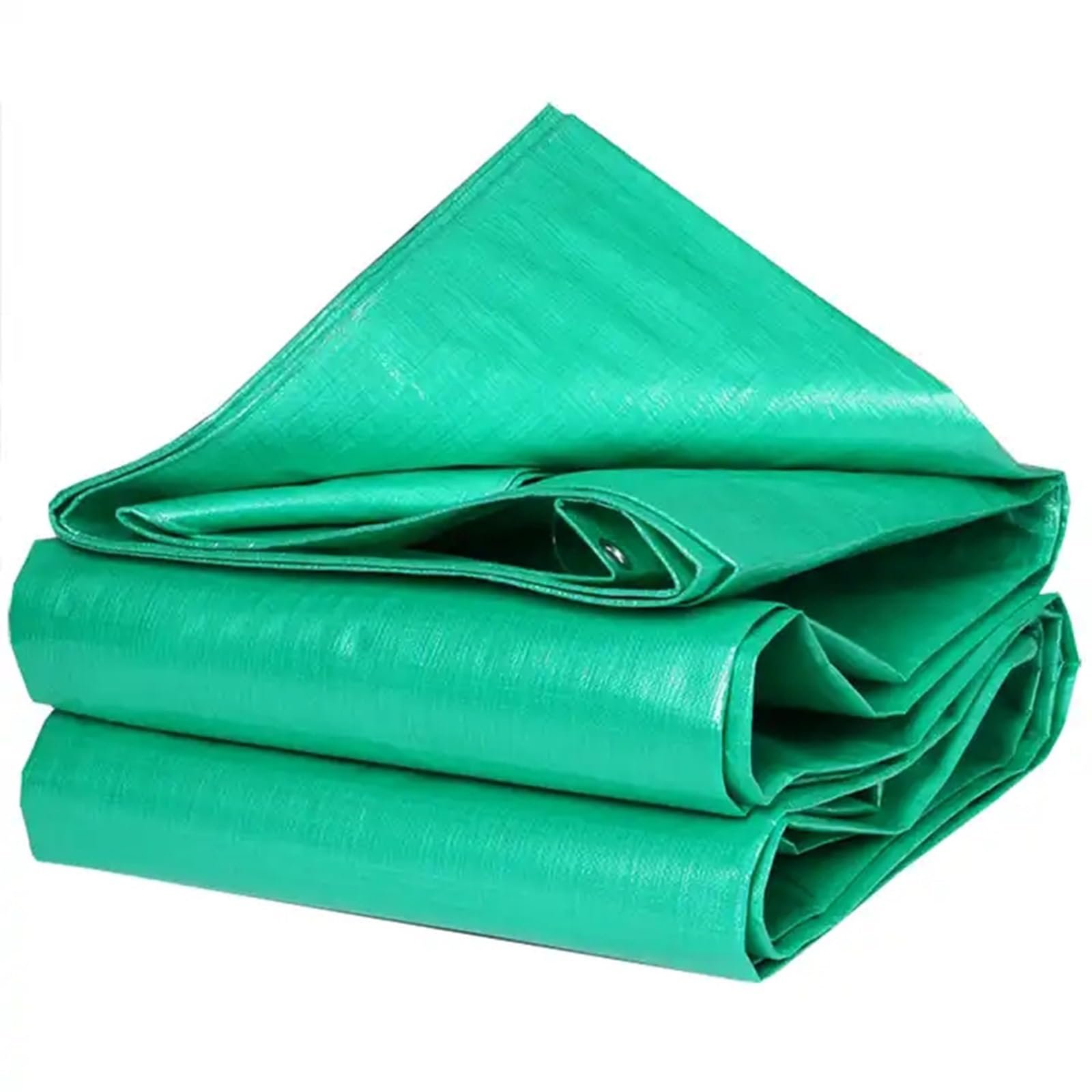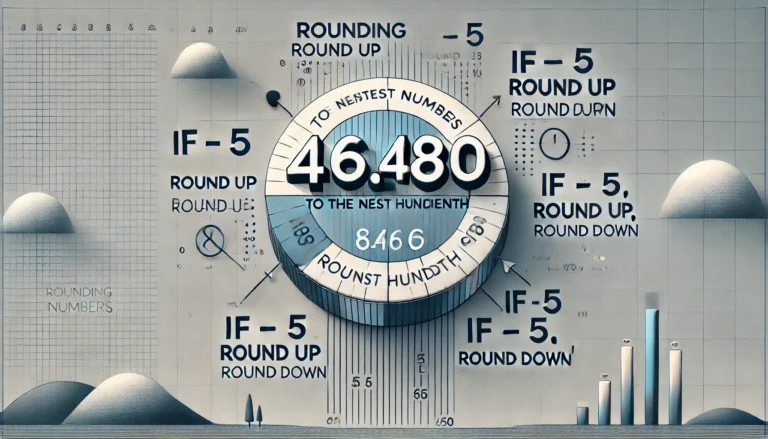
While selecting a Heavy Duty Tarpaulin for agricultural use, the material choice is an important component that determines durability and suitability for different applications. Polyethylene is a top choice for withstanding brutal outdoor conditions on the farm. Polyethylene tarps are lightweight yet entirely tough and 100 percent waterproof.
Types of Heavy Duty Tarp Material
vinyl tarpaulins
Another reasonable option is vinyl tarps. In spite of the fact that vinyl is strong and water-resistant, it is not as intensity or puncture-resistant as other materials. Thus, vinyl may not be suitable for high-abrasion utilizes. Canvas tarps produced using woven polyester or cotton mix fabric provide great breathability which makes them appropriate to shelter livestock. However, canvas tarps are heavier than other options and have a higher price tag.
polyester tarpaulins
A compromise material is polyester tarps, which offer strength and breathability at a more safe cost. By and large, material choice relies upon the specific requirements of the agricultural operation and intended tarp applications. These materials can be effective with the right application.
Choosing the Right Heavy Duty Tarp Material
With regards to selecting the optimal heavy duty tarpaulin for agricultural use, there are a few material options to consider. Polyethylene tarps are a famous choice, as they are lightweight yet incredibly strong and waterproof. Numerous polyethylene tarps likewise highlight UV resistance, making them appropriate for long-term outdoor openness.
Protecting Farm Equipment
Keeping important farm machinery and equipment shielded from the components is a primary use case for Black Tarpaulin. Farm haulers, gatherers, sprayers, and other essential equipment can be effectively covered to keep harm from rain, snow, and intense sun openness. This jelly the lifespan of the equipment as well as helps avoid costly repairs or early substitution.
Safeguarding Crops and Livestock Feed
Heavy duty tarps serve a vital job in preserving the quality and newness of agricultural items, from crops to livestock feed. In the wake of harvesting, tarps can be utilized to cover and safeguard roughage parcels, silage piles, and other put away feed to prepare for weathering and spoilage.
How Heavy Duty Tarpaulins Help Agriculture
Why Farmers Rely on Heavy Duty Tarps
Agriculture is unpredictable and relies upon protecting crops and livestock from various weather conditions. Having the right protections set up is essential for farmers to defend their yields. Heavy duty tarps have turned into an indispensable device that provide reliable shelter at a reasonable cost. Tarps serve multiples utilizes on farms, including:
Crop Protection
Farmers use tarps for various reasons connected with shielding crops. Whether it’s preventing rain harm or shielding from an excess of sun, tarps can represent the deciding moment a collect.
Livestock Shelter
Animals require inclusion as well. Tarps offer flexible housing options as well as windbreaks so livestock stay solid.
Compost Covering
Appropriate composting relies on monitoring components like moisture and intensity. Tarps assume an important regulation part.
Benefits of Heavy Duty Agricultural Tarps
Solid, heavy-duty tarps demonstrate worth their cost for agricultural applications. Key benefits include:
Durability:
Agricultural-grade tarps withstand cruel sun, wind, snow and rain without degrading for some seasons. UV-resistant conceals last to twice as long as standard tarps.
UV resistance:
Special UV-inhibiting additives fight fabric breakdown from ultraviolet light openness for long-lasting outdoor inclusion. Following 5 years of sun, UV-resistant tarps typically maintain 80% of their strength.Breathability: Tarps made with breathable materials control moisture and keep entangled air from causing condensation or form development under. Breathable designs suit various shelter needs.
Lightweight:
While strong, quality agricultural tarps remain relatively lightweight for simple installation and repositioning by one person.
Fast setup:
Versatile tarps quickly fashion into transitory designs using connection options like grommets, pockets and ties. Basic tarps require no instruments for simple setup anyplace depending on the situation.
Cost-effectiveness:
The initial investment in sturdy, heavy-duty tarps demonstrates worthwhile contrasted with substitution costs of inferior covers failing all the more quickly from openness harm. Tarps commonly last 5-10 years with appropriate use and capacity. Read More
FAQs
Q: How do I secure heavy duty tarps in windy conditions?
A: For high winds, use grommets or circles dispersed each 3 feet around the tarp perimeter to tie down with heavy-duty tarp ties, rope or lashes. Burying the tarp edges under bricks or sandbags likewise works.
Q: How long will heavy duty tarps typically last?
A: Appropriately maintained heavy duty tarps can last 5-10 years, sometimes longer depending on material, weather openness and capacity conditions. Tarps constructed of stronger materials like polyethylene or PVC-covered polyester and Tarps put away inside when not in use might gain half longer service life.
Conclusion
Heavy duty tarps have undoubtedly become essential devices for the cutting edge agricultural industry. Their versatility, durability and reasonable costs relative to their protection benefits procure tarps a worthwhile put on any farm. Whether shielding crops and livestock from components, storing equipment and supplies securely outdoors, or appropriately managing compost operations, tarps facilitate indispensable agricultural errands. Selecting appropriately appraised tarps constructed from solid, weather-resistant materials suited to intended utilizes maximizes benefits.
Read More Articles: https://webexplore.co.uk/




